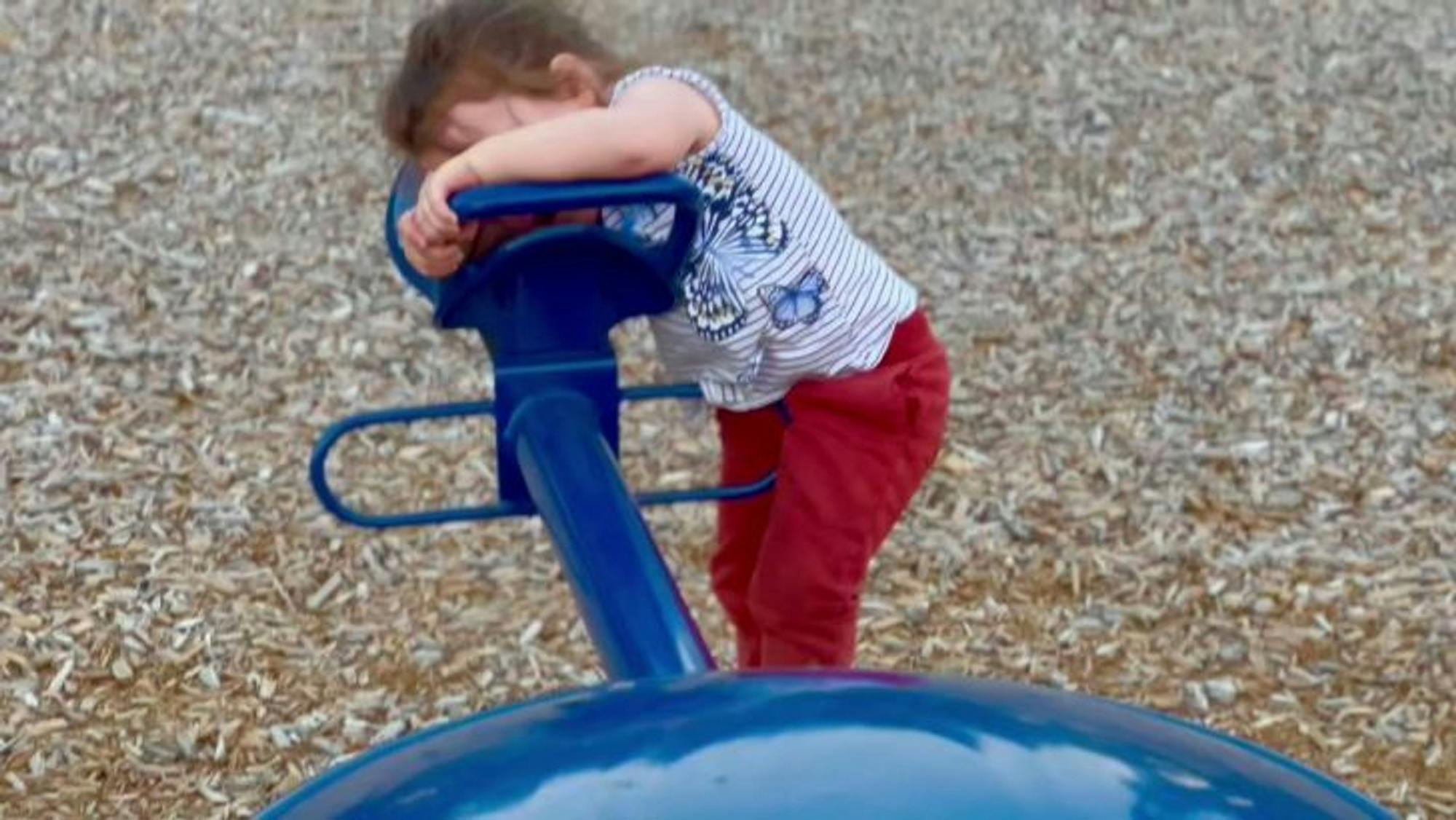Happy Friday, everyone.
Montessori thought that there are many ways to “help” a child that are, in fact, useless or even harmful to development. Children need a great deal of independence, including the space to struggle, to achieve, to be frustrated, to get discouraged, or even to be (non-grievously) injured.
I’m very committed to this idea, as an educator, and also as a parent. And my two-year-old girl, Alice, does not make it easy on me. She continuously tests the depth and precise meaning of my conviction to not uselessly intervene.
This week, I'm sharing four short videos of Alice, in different contexts and different stages of her development. What they all have in common is that I (or Gena, Alice's mother) are actively resisting the urge to help.
I would encourage you to watch the videos from the perspective of a parent or responsible caretaker, and ask:
- When do you feel the temptation to intervene?
- Are there costs to helping, and benefits to not helping?
- Do you agree with how we approached things? Would you have done anything differently, even if the difference is slight?
- Are there types of risk or frustration that are important for a child to experience? How does one identify and safely allow for those experiences?
Here are the four clips (click the images to view the videos):
Alice's First Crawl
How do you interpret Alice’s expressions as she attempts to move? What do you think of Gena’s words of encouragement? Who do you think feels more frustrated—you as you view this, or Alice in her attempts?
Alice on a Ladder
This is a situation that seems scary. How dangerous is it? How frustrated or panicked is Alice? How in control is she as she maneuvers and tries for different solutions to her conundrum? What do you think she’s learning from this?
Alice on the stairs.
Early on in this video, Alice seems to play-fall on purpose. Why is that? Is she deliberately courting risk here? How safe is it? How does she respond after her actual, unintentional fall?
Alice on the seesaw.
Is Alice taking joy in her struggle? How can you tell, one way or another? When she asks for help, is it because she’s given up? How does she respond when I defer from helping?
Let me know if you have thoughts! The decision as to how and when to help can be complicated; I don’t think I always choose rightly, and I’m always learning and adjusting. The child is the teacher, and there’s always something more to learn.
Have a great weekend.
Matt Bateman
Executive Director, Montessorium
Meet the Author
Matt Bateman
Dr. Matt Bateman earned his Ph.D. in Philosophy in 2012 from the University of Pennsylvania. He taught and continued his research at Franklin and Marshall College in the Department of Psychology, on topics ranging from neuroscience to evolutionary theory to philosophy, before joining the LePort Schools as Director of Curriculum and Pedagogy in 2014. In 2016, Dr. Matt Bateman became a founding member of Higher Ground Education. He is now Vice President of Pedagogy for Higher Ground and the Executive Director of Montessorium.

